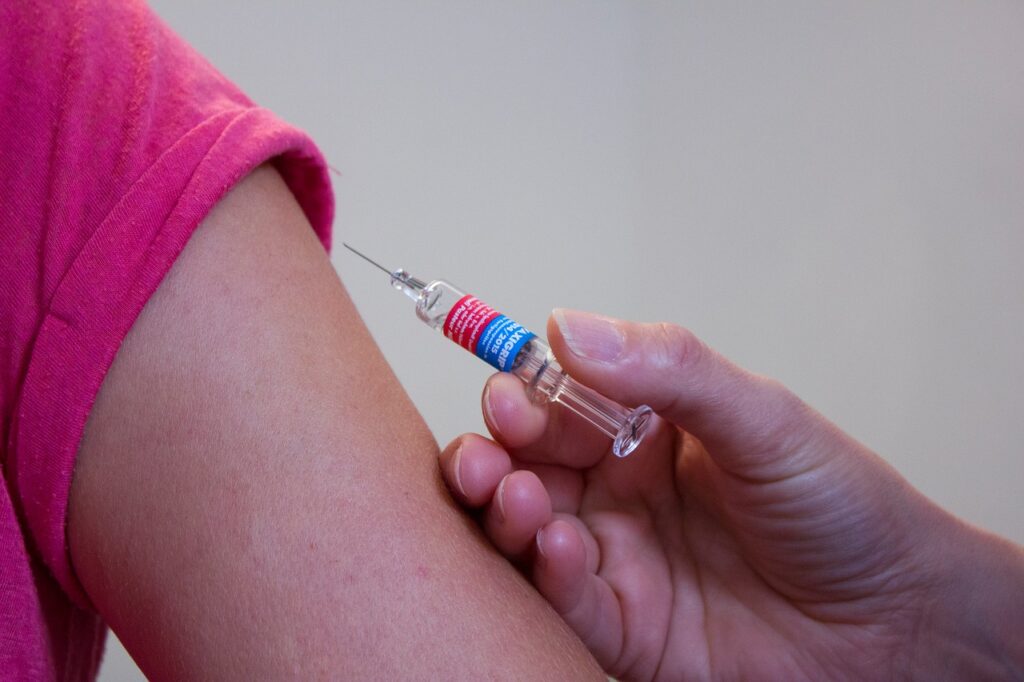Vaccine-preventable diseases are increasing in European Union (EU) and European Economic Area (EEA) countries, the European Center for Disease Prevention and Control (ECDC) warned today as part of European Vaccination Week.
This initiative by the World Health Organization (WHO) Europe, running from Sunday until the 27th, aims to “celebrate the successes and ability of vaccination to keep several generations protected against preventable diseases, allowing (…) fuller and healthier lives” .
“It is disheartening to see that, despite decades of a well-documented track record of vaccine safety and efficacy, countries in the EU/EEA [Norway, Iceland and Liechtenstein] and globally still face outbreaks of several vaccine-preventable diseases,” he said. the director of ECDC, Andrea Ammon, cited in a statement from the European agency.
Data released today by ECDC show that vaccine-preventable diseases, such as measles and whooping cough, have been increasing after levels decreased during the Covid-19 pandemic, adding that “achieving and maintaining a high vaccination rate , disease surveillance and rapid response actions to control outbreaks continue to be the main actions against these diseases.”
The number of measles cases began to increase in 2023 and the trend continued in several EU Member States, with “at least 2023 cases of measles, including at least least five deaths.”
In Portugal, between January 01st and March 10th, 2024, 16 cases were registered, according to the Epidemiological Bulletin on measles from the Directorate-General for Health (DGS).
Taking into account the ease with which measles spreads, the ECDC considers it essential that 95% of the population has been immunized with two doses of the vaccine to interrupt transmission.
Regarding whooping cough, preliminary data indicates a more than 10-fold increase in cases in 2023 and 2024 compared to 2022 and 2021, the statement said. At the end of March, the Portuguese press reported two confirmed cases in the country.
The ECDC argues that “ongoing efforts to identify immunity gaps in the population are essential”, calling for “additional work” to “ensure that no one is left behind, especially among vulnerable and disadvantaged populations, such as refugees, migrants, asylum seekers and other groups.”



















Comments